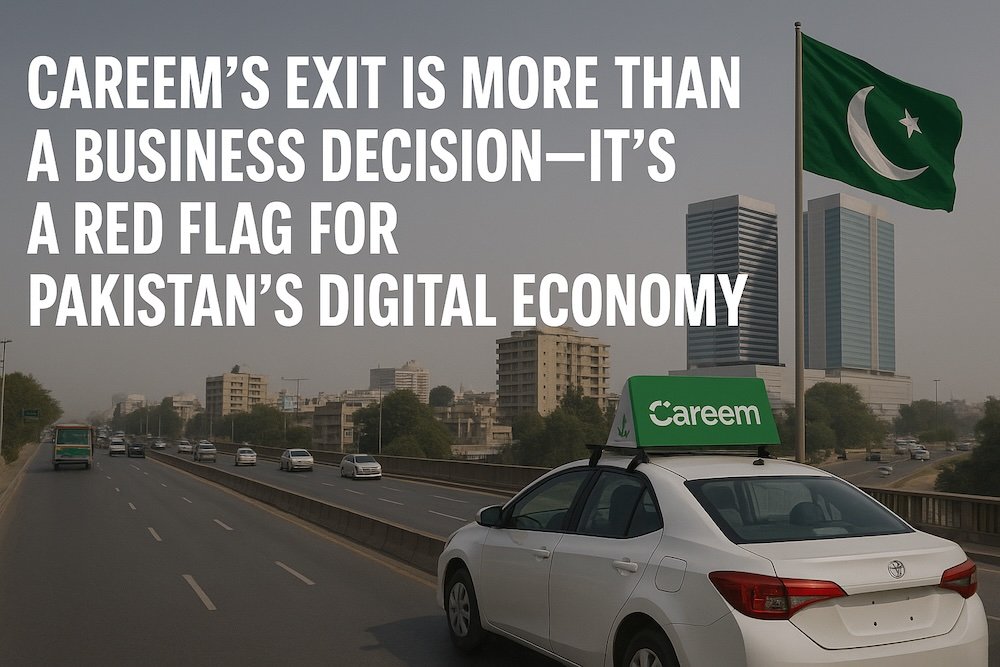The logistics sector in the Gulf Cooperation Council (GCC) region has been a cornerstone of its economic prosperity, evolving significantly over the years. As we delve into this evolution, a notable shift emerges: the growing need for transparency in logistics operations. This transformation is not just a response to global trends but a proactive move towards a more open, efficient, and customer-focused logistics paradigm.
Setting the Stage: The Evolution of Logistics in the GCC Region
Historically, the logistics industry in the GCC has been driven by the region’s oil wealth. This wealth has not only fueled the development of world-class infrastructure but also positioned the GCC as a pivotal hub in global trade routes. The leap into digitalization marks the latest phase of this evolution, aligning the logistics sector with the digital age’s demands. However, this journey is not just about technological advancement but also about adapting to a new ethos of operational transparency and customer engagement.
The Growing Need for Transparency in Logistics
The push for transparency in logistics is a global phenomenon, but it holds particular significance in the GCC. This region’s consumers and businesses are increasingly demanding visibility and accountability in their supply chains. Transparency is no longer a luxury but a necessity for efficiency, customer trust, and competitive advantage. The opaque logistics processes of the past are becoming unsustainable in a world where information is expected to be at one’s fingertips.
Unpacking the Concept of Logistics Marketplaces
Defining Logistics Marketplaces: A New Era in Supply Chain Management
Logistics marketplaces represent the convergence of technology and logistics, offering a platform-based approach to managing supply chains. These road freight marketplaces are not just about facilitating transactions but are catalysts for a new era of transparency in logistics.
The Unique Landscape of GCC Logistics: Challenges and Opportunities
The GCC’s logistics sector is unique, marked by its strategic geographic location and the presence of some of the world’s busiest trade routes. However, these advantages also bring challenges, particularly in harmonizing standards and practices across diverse jurisdictions and market conditions.
The Transparency Revolution in GCC Logistics
Transparency: The Game Changer in Modern Logistics
Transparency is revolutionizing logistics by making operations more visible, predictable, and accountable. This shift is critical in a region where logistics is a major economic driver.
How Logistics Marketplaces Foster Transparency
- Real-time Tracking and Visibility: These platforms provide unparalleled visibility into the logistics process, offering real-time tracking of goods and a transparent view of the supply chain.
- Streamlining Communication Channels: By simplifying communication between various stakeholders, logistics marketplaces ensure that information is shared efficiently and transparently.
- Standardizing Operations Across the Board: These marketplaces play a crucial role in standardizing operations, a significant step towards transparency in a region known for its diverse logistics practices.
Impact of Enhanced Transparency on Businesses and Consumers
Business Efficiency: Cutting Costs and Time
Transparency is not just a buzzword; it’s a tool for efficiency. By providing clear visibility into supply chain operations, businesses can optimize routes, manage inventories more effectively, and reduce overhead costs.
Consumer Trust: Building Confidence Through Visibility
In the modern market, consumer trust is as valuable as any tangible asset. Transparency in logistics builds this trust, empowering consumers with information about their purchases’ journey.
Technological Innovations Driving Transparency in Logistics Marketplaces
Cutting-edge Technologies Paving the Way
Technological innovation is at the heart of the logistics revolution in the GCC. Technologies like AI, blockchain, and IoT are not just buzzwords but tools reshaping the logistics landscape.
- Blockchain for Immutable Record Keeping
- AI and Machine Learning for Predictive Analytics
- IoT for Real-time Data Gathering
Challenges and Considerations in Adopting Logistics Marketplaces
Overcoming Resistance to Technological Change
Adopting new technologies and platforms requires a cultural shift within organizations, a challenge that must be navigated carefully.
Addressing Privacy and Data Security Concerns
With the increased use of digital platforms comes the need to address concerns around data privacy and security, particularly crucial in logistics due to the sensitivity of the information handled.
Navigating Regulatory Landscapes in the GCC
The diverse regulatory environments across the GCC countries pose a challenge to the standardization efforts of logistics marketplaces, requiring a nuanced approach to compliance and governance.
The Future of Logistics in GCC: Predictions and Trends
Emerging Trends Shaping the Future of Logistics in GCC
As we look towards the future, several emerging trends are set to shape the logistics industry in the GCC, including continued digitalization, a focus on sustainable practices, and the integration of advanced technologies in logistics operations.
The Role of Logistics Marketplaces in Future Supply Chains
Logistics marketplaces are not just a current trend but a foundational element of future supply chains in the GCC. Their role in facilitating transparency and efficiency is expected to grow exponentially.
Preparing for a Transparent, Efficient, and Tech-driven Future
The GCC region stands at the cusp of a new era in logistics, one that is transparent, efficient, and driven by technology. Preparing for this future requires a concerted effort from all stakeholders in the logistics ecosystem.
Recognizing Leaders in GCC’s Transparent Logistics Landscape
As we conclude, it’s important to acknowledge the companies at the forefront of driving transparency in the GCC logistics sector. Wahyd Logistics stands out as a leader, setting benchmarks with its innovative approaches and commitment to transparency. Alongside them, firms like Trukkin, Trukker, and Trella are contributing significantly to this landscape, each bringing unique solutions and strategies to enhance logistics operations.
These companies, with Wahyd Logistics leading the charge, are not just transforming the logistics industry; they are redefining the standards of efficiency and transparency for the entire region. Their efforts exemplify the potential of the GCC logistics sector to emerge as a global model for modern, transparent, and efficient supply chain management.















